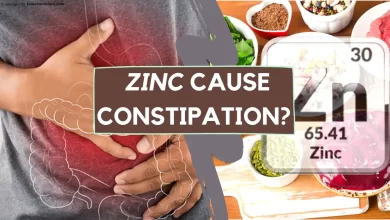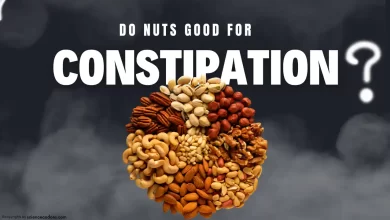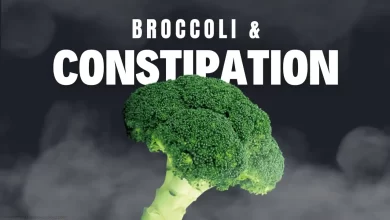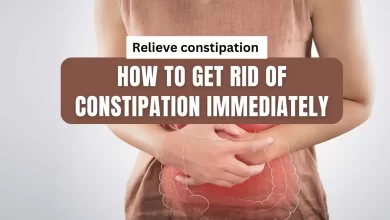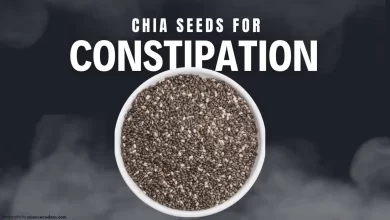Constipation is a common disorder of the large intestine. It occurs when bowel movements become less frequent, irregular, and difficult to pass, resulting in the formation of waste material(stool) that cannot be easily eliminated from the body.
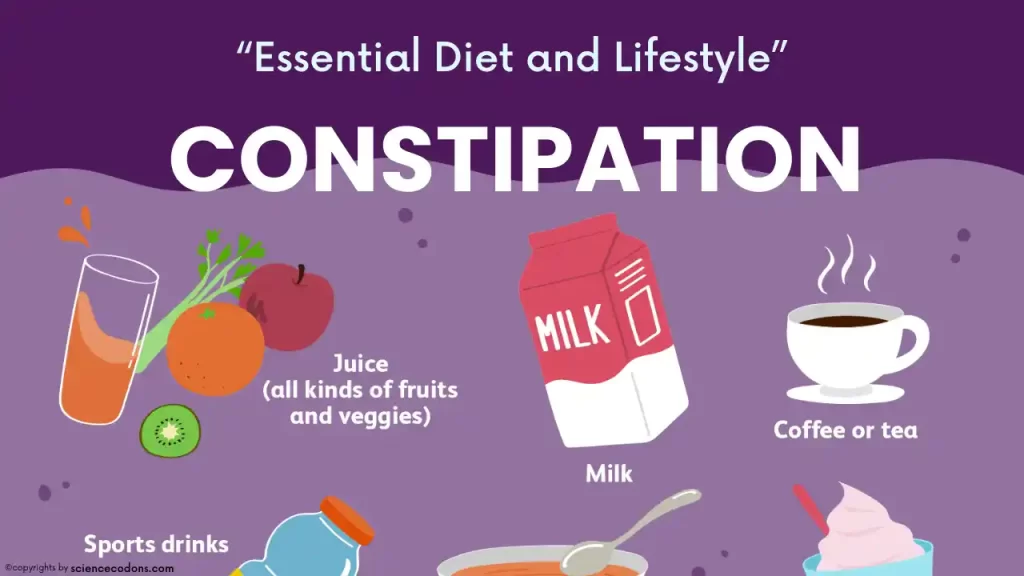
Many people do not consider Constipation as a disease. However, it should be noted that if left untreated, it can lead to the development of many rectal diseases, such as hemorrhoids and fissures. This is because the passage of dry and hard feces can cause serious damage to the gastrointestinal tract.
The following conditions often define Constipation:
- Bowel movements (defecation) occur less than three times a week.
- The stool is hard and dry.
- Defecation is difficult or painful.
- The feeling of incomplete defecation.
Three main types of Constipation:
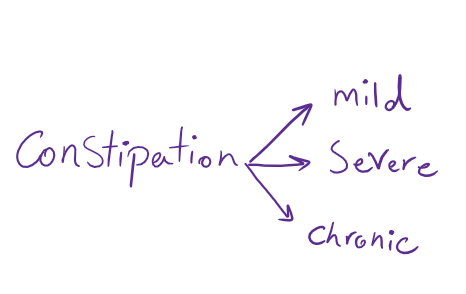
- Mild: Bowel movements occur every two to three days.
- Severe: Bowel movements last more than three days.
- Chronic: The person has been struggling with this problem for years, and various conditions can easily cause severe Constipation in this individual.
The main cause of Constipation
In general, any factor that can have a negative effect on regular bowel movements can be influential in the formation of Constipation. Some of these reasons include: lack of exercise, improper diet, psychological and neurological factors such as stress and depression, underlying diseases such as hemorrhoids, intestinal polyps, and diabetes, aging, and untimely defecation.
Preventing Constipation: diet for people with Constipation
1-Sufficient fiber intake
Fibers are enemies of hard Constipation because they absorb much water in the large intestine. This increases the volume and softness of the stool. Vegetables and fruits such as pears, grapes, oranges, soaked dried fruits such as figs, plums, raisins, and bran bread, whole grains, and legumes are good sources of fiber.
2-Drinking warm water
Drinking warm water on an empty stomach effectively relieves Constipation. This is because drinking water on an empty stomach stimulates and increases gastrointestinal movements. It is better to consume twice as much fluids when suffering from Constipation.
3-Appropriate caffeine consumption
Caffeine is one of the compounds that, if consumed in moderation, can help increase bowel movements. However, excessive consumption can have the opposite effect and cause Constipation. Coffee and bitter chocolate are rich in caffeine. Consuming them in moderation can be suitable for relieving Constipation, but excessive consumption and drinking of strong tea can lead to Constipation.
4-Increasing the consumption of probiotics
Probiotics are beneficial bacteria in fermented foods such as kefir, yogurt, and probiotic cheese. The use of probiotic supplements helps increase the number of beneficial bacteria in the intestine and thus prevents gastrointestinal inflammation.
Several nutritional points that people with Constipation should follow:
- Consume sufficient amounts of vegetables (at least one serving) with breakfast, lunch, and dinner.
- Use enough fruit (at least four units) during the day.
- Drink at least 2-3 liters (8 to 12 cups) of fluids, especially water, during the day.
- Before breakfast, drink a glass of warm water + 1 tablespoon of psyllium husk.
- Drink a glass of water + 4-5 soaked prunes before bedtime.
- Boil 4-3 dried figs and 6-5 apricot leaves in one and a half liters of water (6 cups) and consume it during the day.
- Reduce the consumption of rice, potatoes(Do potatoes cause constipation), and white bread and use whole-grain bread instead.
- Use two tablespoons of rice or wheat bran daily with your meals (one tablespoon at lunch and one tablespoon at dinner; sprinkle it on your salad).
- Use ground flaxseed during lunch and dinner (one tablespoon at lunch and one tablespoon at dinner; sprinkle it on your salad). People with breast or ovarian cysts should be cautious when consuming flaxseed.
- Use legumes (lentils and chickpeas) in your diet.
- Avoid consuming too much caffeine-containing foods (such as coffee, cocoa, chocolate, black soda, and strong tea).
- Avoid consuming too much sumac in your diet.
- Exercise sufficiently during the day and do at least 30 minutes to an hour of exercise or walking during the day. Lack of physical activity can cause Constipation.
- Do not delay defecation, and have a bowel movement as soon as you feel the urge.
- Maintaining a stress-free and calm mental state can be effective in improving Constipation.
